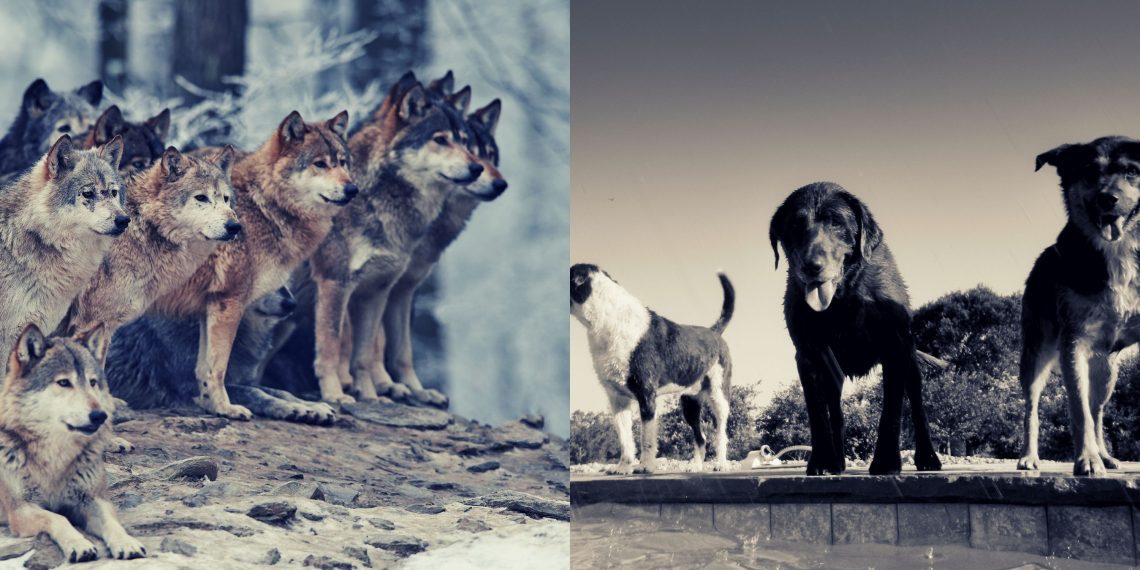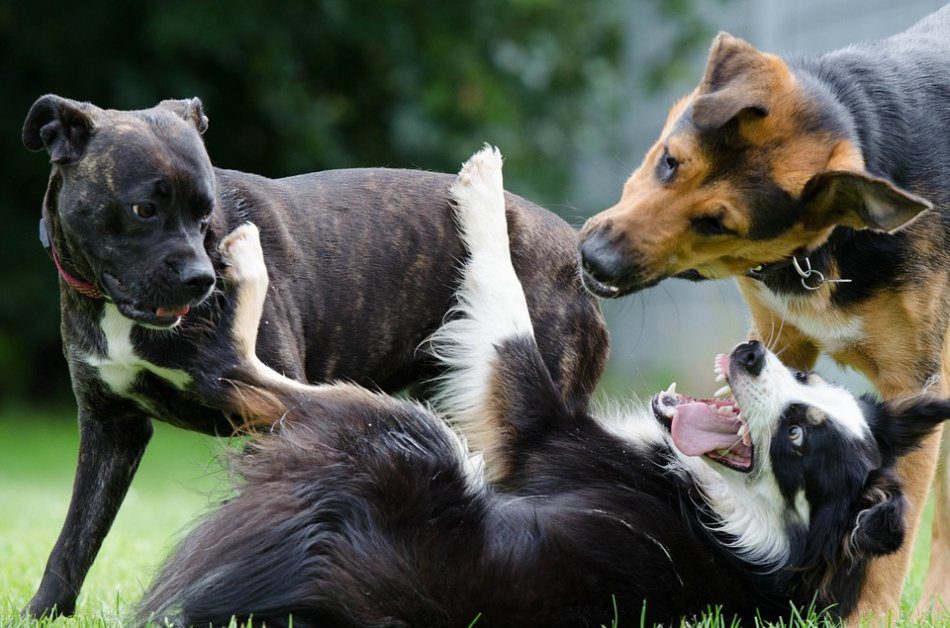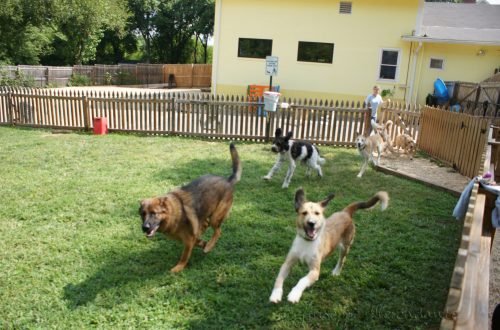
Kuo skiriasi vilkų gauja ir šunys?
Often when people talk aboutdominavimasin dogs, they cite studies done with wolves. However, is this correct? After all, not to mention the fact that the concept of “alpha wolf” and rigid dominance in a pack of wolves refuted it kūrėjas, dogs are, moreover, not wolves at all. What is the difference between a pack of wolves and a dog community?
Nuotrauka: vilkai. Nuotrauka: www.pxhere.com
Differences in the relationship between a pack of wolves and dogs
Of course, there is less difference between wolves and dogs than between dogs and humans. And yet she is. And this difference determines the difference in the relationship between the group of wolves and dogs. This is recognized by all scientists who study the behavior of these animals. What causes these differences in the social behavior of two such seemingly similar species?
If the differences in the social behavior of wolves and dogs themselves are a fact that is no longer seriously disputed by anyone, then the mechanism by which these differences were formed is still a subject of discussion. One of the opinions prevailing in the scientific community attributes the differences between dogs and wolves to the following features:
- A pack of wolves is a family group where only the parent pair breeds. So, there is a mechanism for suppressing puberty of other members of the pack. Therefore, these animals do not participate in adult competition. Dogs do not have such a mechanism.
- All members of a pack of dogs can participate in breeding, and all females can have cubs. This means that there is competition for a female who is currently in estrus. There is no such thing in a pack of wolves – they form permanent pairs.
- The composition of the dog group is unstable and changes frequently.
- The attitude towards strangers (that is, animals that are not part of the pack) in dogs is much less aggressive than in wolves. Wolves rarely accept “strangers” into the pack and easily kill strangers, dogs include “foreign” relatives in the pack more often and more willingly.
- Within a group of dogs, relationships are less ritualized, which means that fights between members of the pack occur more often than among wolves. Wolves have a much higher level of ritualization: you can see threats there, but rarely comes to blows.




Nuotrauka: maxpixel.net
As we can see, a pack of dogs is quite different from a pack of wolves. This means that it is not always correct to compare the social behavior of these animals.







